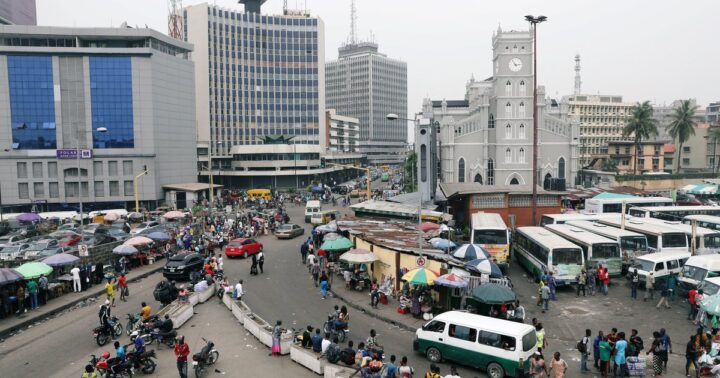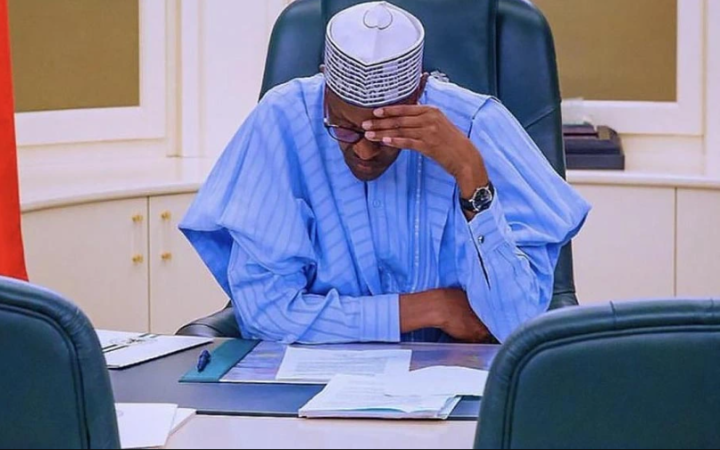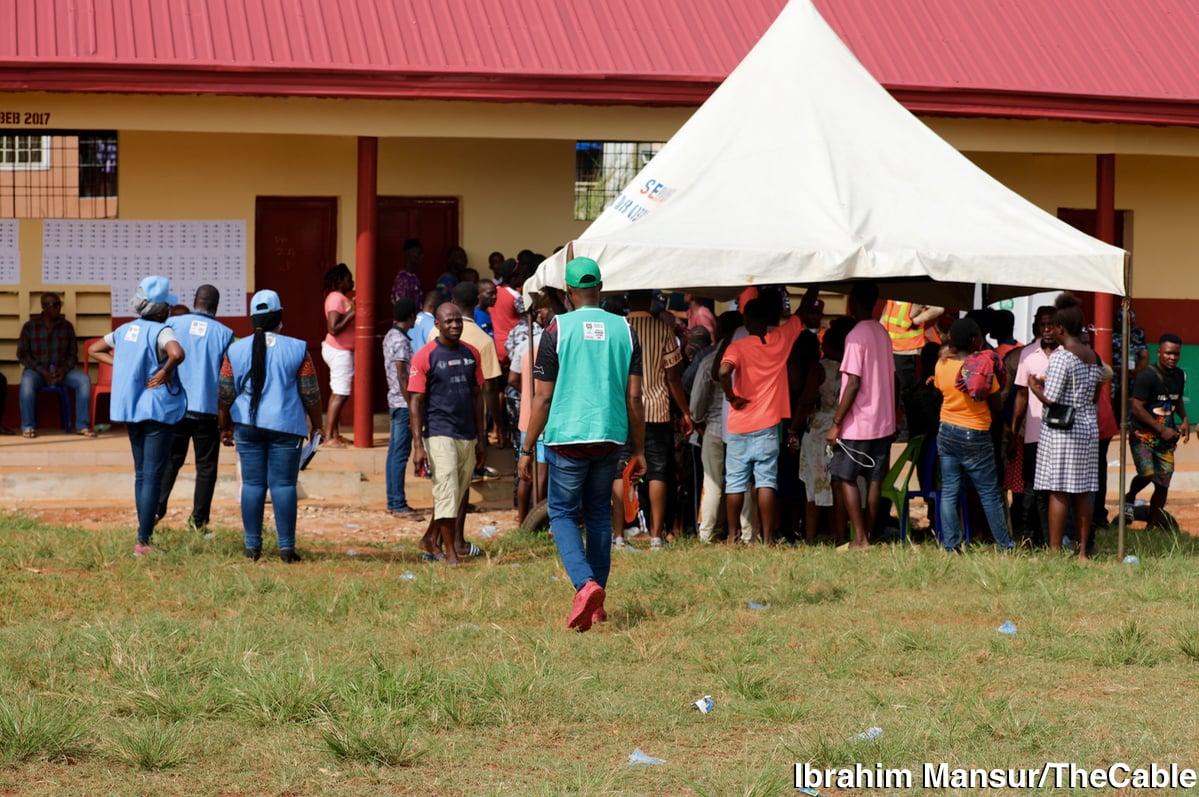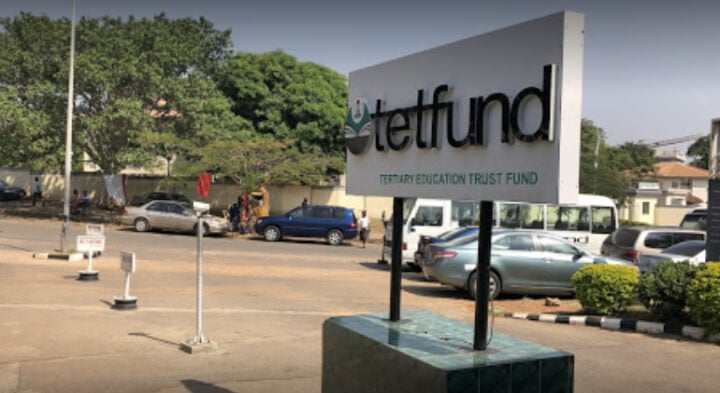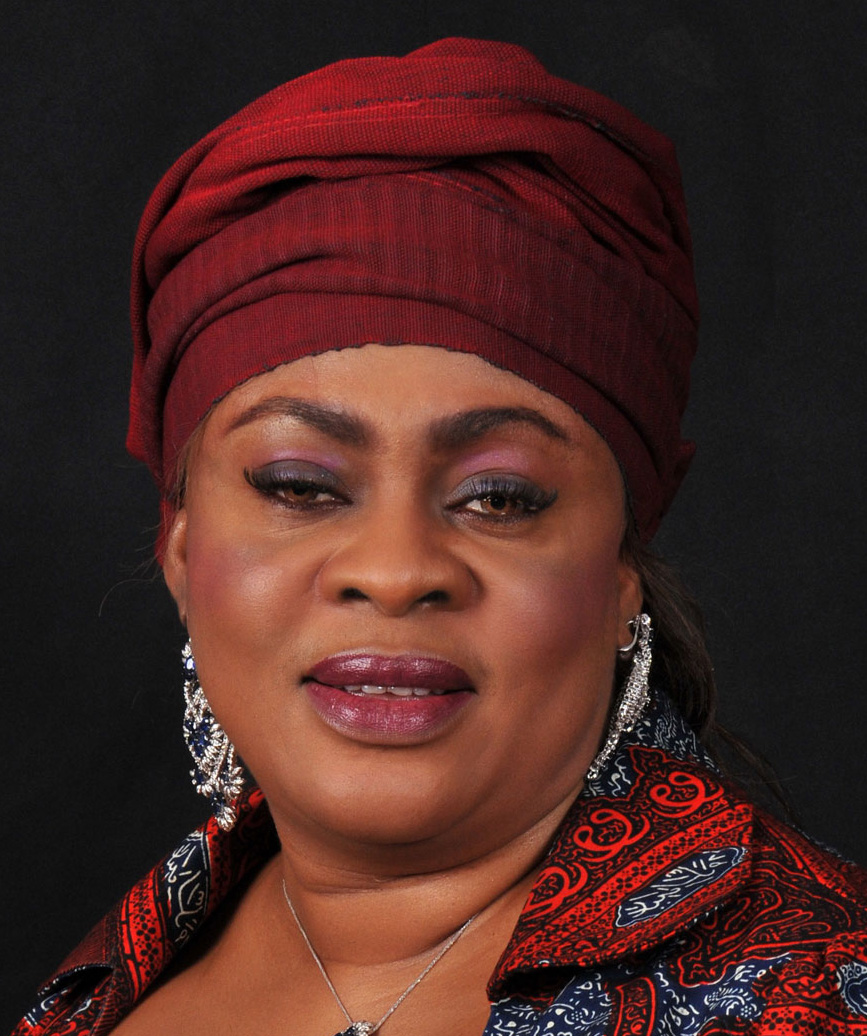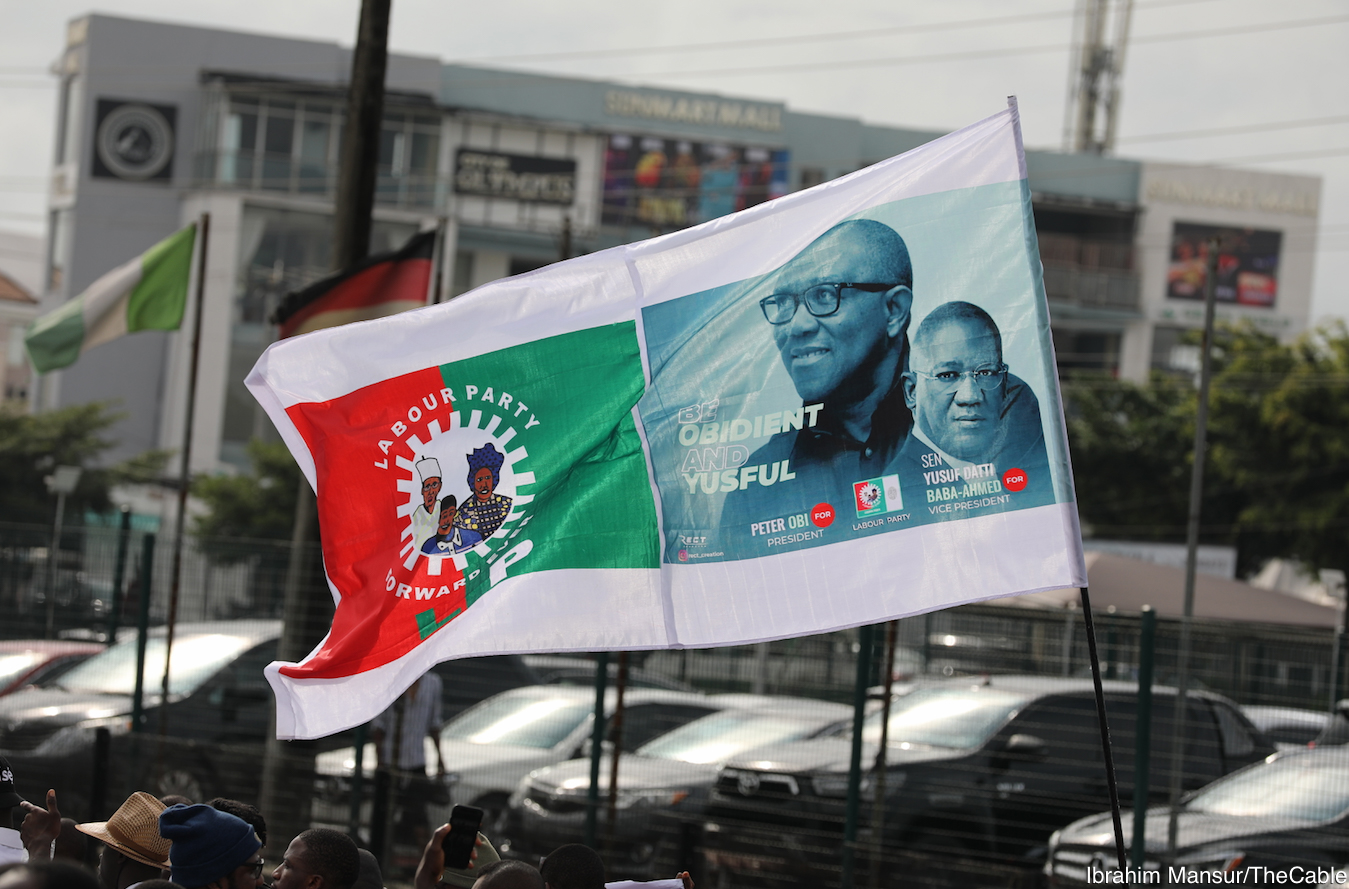A speech delivered by Asue Ighodalo, founding partner at Banwo&Ighodalo/chairman, Nigerian Economic Summit Group (NESG) at the 10th year memorial of Alhaji (Dr) Lateef Adegbite (CON) on September 28, 2022
It is with great pleasure that I join the family, friends and associates of Alhaji (Dr) Lateef Oladimeji Adegbite (CON), a true, faithful and diligent Kings College boy, at the 10th year memorial salon, the first in a series of what I hope will be long term conversations around rebuilding the culture of leadership and civic duty in our dear country. The conversation theme this year reflects the principles, ideals, and values Dr Adegbite, the Seriki of Egbaland, strongly believed in and held dear. His last public sector appointment in 2011 was as chairman of the presidential committee on public awareness on security and civic responsibilities. His work on that committee remains even more relevant today as our country battles insecurity and civil unrest.
Questions around leadership, Nigeria’s pace of economic development, and political and social stability have been with us for 72 years since our first meeting of Nigerian political actors and politicians, at the general meeting of representatives in Ibadan in 1950. The challenge, principally, is that the gap between the ideals, ideas and theories of leadership and its practice and application in the context of the Nigeria Project continues to widen. Our best-organised conversations, dialogues and platforms on the subject have remained unsuccessful in initiating and/or catalysing the change and reforms required to narrow the gap.
Properly disaggregated, our conversation today centres around how we can get the quality and capacity of leadership that will enable transformational development in Nigeria. Leadership that ensures that every Nigerian can eat at least three meals a day, has a roof over their head, and clothes on their back… that every adult willing to work has meaningful and rewarding employment, and all school-age children are in school soaking in knowledge that is fit for purpose. Leadership that ensures that lives and property are secure and that the sick are well cared for… That we have quality infrastructure, macroeconomic stability, monetary prudence, peace in the land and an economic growth rate that is 5% above our population growth rate.
Advertisement
When Reni instructed me to show up on this panel today, her brief to me was that I would speak on “Legal Reform as a tool for Nigeria’s transformational development, medium and short term strategies ”.
However, the more I researched and the more I wrote, the more persistent my inner voice grew, and its instruction was different from Reni’s. It kept telling me, “Asue, deconstruct this issue and focus this discussion on the realities of our present-day”. I decided to heed that inner voice, and I tore up my original draft crafted after long hours on Sunday of deep, detailed and introspective research on the transformational leadership work of James Burns, Bernard Bass and KW Kuhnert, and the work on the constitutional and legal reforms required to institute developmental change by the likes of James Madison, Alexander Hamilton, Lord Denning, Ben Nwabueze, and Festus Adebisi Ajayi.
So instead of reading to you what may have been either a masterpiece or esoteric gibberish, I now respectfully invite us all to focus on our national elections next February and look to achieve deep, reflective, and self-preserving consensus on how we must proceed. We have about 16 presidential candidates. Probably only four have a realistic prospect of being sworn in as the president and commander in chief of the Federal Republic of Nigeria, on May 29, 2023. What and who do we need that person to be?
Advertisement
Today, Nigeria is in a difficult place, an extremely difficult place, with grave insecurity, macroeconomic instability, stagflation, an alarming education deficit, poverty, unemployment, hunger, religious and ethnic intolerance, monetary and fiscal misalignment, lack of infrastructure, oil theft, the highest debt burden in the country’s history, and pathologically dysfunctional institutions. So, all of us in this room today need to understand, even if solely considering our own self-preservation in the short, medium and long term, that the next elections are truly an inflexion point of immense proportions.
From where we are at today, Nigeria will only stop limping and survive long-term as a cohesive and successful nation if we can, by some wand, agree on and orchestrate the election of that leader from amongst our present candidates that approximate the characteristics and capacities necessary to kick start and engineer the transformational development of Nigeria.
So who are we looking for? Who best approximates the qualities we need, or has the humility to procure and wield those qualities from truthful advisers? In my studies in the last few years, I have settled on my own five transformational leaders who have seriously moved the needle and occasioned transformational development and strong inclusive economic growth in their countries.
My five are Nelson Mandela, Deng Xiaoping, Margaret Thatcher, Paul Kagame, and Lee Kuan Yew. I do not want to get into dialectic arguments on how I settled on these five or on whether transformational development can occur in a democratic setting or only in an autocratic pragmatist state. I also do not want to get into arguments about the jury still being out on Kagame and his total autocratic nature, or that Margaret Thatcher favoured only the rich. I just want to draw out the character, capacity and implementation thread common to these five people that enabled them to succeed as transformational leaders in their countries and see if any of our present candidates come close or remotely close. If none comes close which of them has the humility to procure and effectively work with a quality team?
Advertisement
One more aside before I go into my character thread; thrice in our history, we were on the path to attaining transformational development before we derailed. 1956-1963 (apart from the blip in 1961) we grew at an average rate of about 7.5% (without oil) and that growth was inclusive. If we had maintained that trajectory (and then with oil) we would have become a first-world country by 1991. 1971-1976 we grew at an average rate of over 8% but that was oil-propelled growth and the benefits of the Yom Kippur War of 1973. Again from 2002 to 2010, we averaged a growth rate of about 8%. Goldman Sachs and the developed world expected to see a Nigeria that was a top 20 economy by 2025. In between these three periods, so much has gone wrong, most of the wrong being firmly placed at the feet of the character, direction change and capacity of the leadership “in-between”.
I should also add that I came close to including Obafemi Awolowo on my list of great leaders. In this country, he is – without equivocation – the closest we have come to transformational leadership, with the glaring caveat that he never ascended to national leadership, and he never scaled certain critical tests that true greatness in the Nigerian context must embody. Still, there is no denying that what he achieved in the Western Region was as close to transformational development as we have ever witnessed in the history of self-governing Nigeria. And I make bold to say this, as an avid student of Nigerian history. But I digress…
It was Lee Kuan Yew who said: “Almost all leaders take office with an ambitious vision for their country but only a few ever succeed in turning that vision into reality”.
The character traits generally common but subsisting, to different degrees in the five leaders I have chosen are;
Advertisement
- Personal discipline and the desire to build strong constitutional institutions;
- Vision, structure (working with a first-class team), capacity for hard work and determination to succeed;
- Capacity to implement effectively- and I place emphasis on the word “effectively” because it must be important to the leader that positive results are consistently achieved;
- Ability to take tough, sometimes unpopular, decisions which are in the best interest of the country;
- The ability to nurture meritocracy, and build, attract and retain superior talent. Such leaders must also focus on an excellent health and education system and the provision of infrastructure;
- Genuine love for his/her people, and the desire to have a happy, secure, gainfully employed, disciplined, law-abiding and peaceful populace, living in harmony;
- Strong integrity, fairness, justice and incorruptibility;
- Firmness, focus, humility, keen awareness of his/her personal shortcomings, and readiness to seek help in bridging personal gaps.
It is a rare leadership that has all of these traits in high measure, and we must acknowledge this lest the quest for perfection becomes the enemy of the good. The leader we seek in 2023 is not a saint – there are none on the ballot anyway – but one who will enable and jump-start the required reforms to assure our transformational development, working with a carefully selected formidable team of competent and nationalistic men and women. The leader we must elect is that person from amongst our 16 or four candidates that we know, in our true hearts, without bias, favour, ethnic, religious or other affinities, aggregates the most of these eight qualities I have highlighted. That is the person we must rally and vote for next February. Otherwise, we shall sink deeper into the abyss and face even more dire and unimaginable consequences.
One more thing common to my five choices, which I am not quite sure how to place, is that each of them emerged by humble, truthful and strategic agreement of their peers. They were bolstered into leadership by the realization of their peers that they were the most competent (not the richest), the most capacitated (not the most ruthless), the most focused, and the most visionary. They were acknowledged by their peers as having high integrity, personal discipline and a sufficiently strong work ethic to be able to provide the required transformational leadership at the time. Our one true task, between now and February 2023, is to determine the most approximating candidate on the ballot, and then, work extremely hard, to convince the majority of voters accordingly. When we have voted for the person and the people we believe are fit for purpose, and after they have been sworn into office, we the people of Nigeria must stay vigilant. We must learn to effectively use our constitutional tools of recall, impeachment and efficient opposition to keep our leaders in check.
Advertisement
In the words of President Nelson Mandela: “To build our country, we must all exceed our expectations”. I have no doubt whatsoever that if Alhaji (Dr) Adegbite was in our midst today, he will be pointing us in the same direction. We really don’t have any more headroom; even if many of us in here still think we can continue business as usual and vote for reasons other than competence and capacity because we selfishly or blindly believe we are insulated from any disaster that will ensue. The reality, however, is that if and when a forced change comes, it is indeed those of us in this room today who are likely to be the highest casualties. The handwriting of that reality is already on the wall, with the increasing rate of kidnappings, robberies, and other increasing violent crimes that underscore the glaring inequalities in our nation. A stitch in time saves nine, and the time to act is now,
Dr Adegbite’s love for the law (constitutional and commercial) and its reform capacities, his love for his Egba people and the people of Nigeria, his love for his religion that did not preclude an openness of mind, his strong leadership traits and his generosity of spirit and pocket, stood him out amongst the men and women of his generation. “Act well your part,” Alexander Pope said, “for there all honour lies”.
Advertisement
Alhaji (Dr) Lateef Oladimeji Adegbite CON, Seriki of Egbaland, Baba Adinni of Egba Muslims, an intellectual constitutional and commercial lawyer, a teacher and mentor, a devoted public servant, a loving husband and father, and a true Kings College Boy acted his own part extremely well. May his gentle humble soul continue to rest in perfect peace.
And may we, who remain here on earth, deem it our duty to activate our collective consciences and act accordingly. I thank you all for listening.
Advertisement
Views expressed by contributors are strictly personal and not of TheCable.
Add a comment
